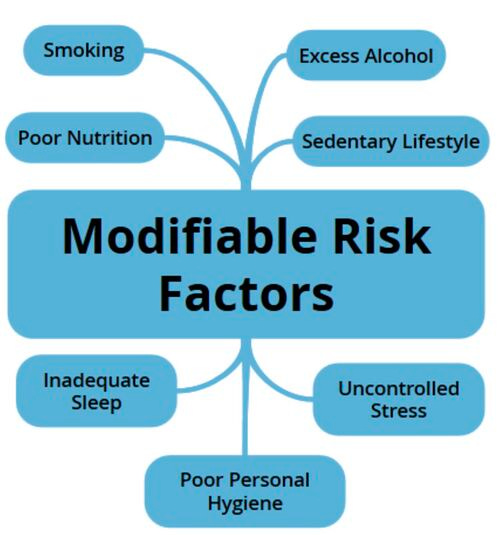Dear Readers,
Welcome to Science Simplified, a newsletter which Unlocks the Wonders of Science, One Simplified Concept at a Time!
Did you know that the choices you make every day can influence how your genes express themselves?
This is the science of epigenetics, and it’s revolutionizing our understanding of health. Epigenetics is the study of how your environment and behaviors influence your genes. While your genes provide the blueprint—a fixed set of instructions inherited from your parents—your environment and lifestyle determine how those instructions are carried out. While your DNA sequence remains the same, external factors like diet, exercise, and stress can turn genes ‘ON’ or ‘OFF’.
To understand this concept, imagine a light bulb connected to electrical wiring with a dimmer switch: your genes are the wiring, and your everyday choices act like the dimmer switch, controlling the brightness of the bulb. For example, lifestyle choices like strength training "switch on" specific genes responsible for muscle repair and growth. In contrast, a sedentary lifestyle with too much sitting "switches off" genes responsible for muscle repair, causing muscles to gradually lose strength.
The simple choices you make of what, when and how to eat, move, and sleep plays a powerful role in switching ON and switching OFF your genes.
Take charge of your health: The power of Lifestyle Medicine
Lifestyle diseases are non-communicable modifiable conditions that arise from the way individuals or groups live their lives. Common examples include: cardiovascular diseases (such as heart attacks and stroke), cancers (lung and colorectal cancer), chronic respiratory diseases (such as chronic obstructive pulmonary disease and asthma) and diabetes.
According to the World Health Organization, these diseases account for 74% of deaths worldwide. Over the past 30 years, obesity rates have tripled, and more than 500 million people now live with type 2 diabetes. These alarming trends are driven by poor lifestyle choices, including unhealthy diets, lack of exercise, chronic stress, and inadequate sleep.
Lifestyle medicine empowers individuals to make intentional choices to improve health outcomes. Consider studies on identical twins: despite sharing the same DNA, one twin may develop heart disease while the other remains healthy. Why? Lifestyle factors—such as nutrition, physical activity, and stress management—profoundly influence gene expression and long-term health.
The good news?
You can take control of your health. Scientific research shows that adopting positive lifestyle changes can lead to measurable improvements in just 8 to 12 weeks. For example, the CDC highlights that regular physical activity and a healthy diet can significantly lower blood sugar levels and reduce the risk of heart disease within this timeframe.
By focusing on nutrient-rich foods, daily physical activity, stress reduction, and quality sleep, you can:
Turn off disease-promoting genes.
Activate genes that support health and longevity.
Significantly reduce your risk of chronic diseases.
Ready to transfer your health?
Take the first step by joining our Membership plans. Gain the knowledge and tools to take control of your well-being—your health is in your hands!
Starting early in life has the advantage of preventing long-term damage to your health, but it’s also never too late to begin.
Thank you for reading Science Simplified. Share this article with at least one person, it helps us reach a wider audience and contribute to spreading valuable information. Your support is greatly appreciated in helping others on their health journey.





